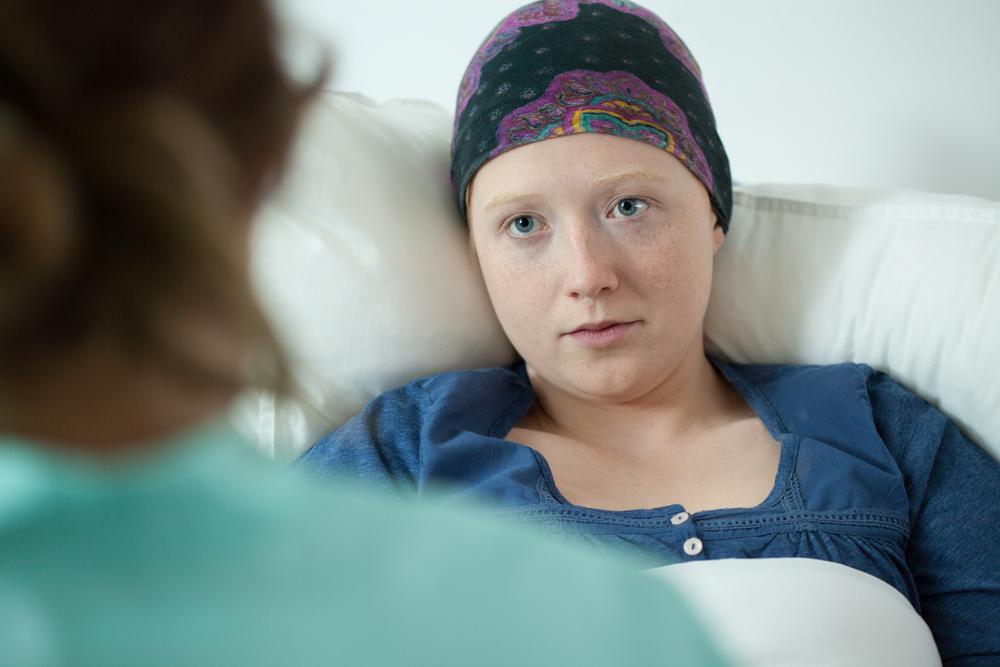
Everything You Need to Know About Leukemia
Cancer is one of the most common health conditions in the world today. There are several types of cancer with different causes and treatments. However, the mutation of cells in the body’s organs and tissues lead to this condition.
What is leukemia?
Leukemia is cancer of the blood-producing cells, including the bone marrow. The bone marrow produces white blood cells. White blood cells help the body fight infections. This type of cancer usually affects the white blood cells which are also called leukocytes. Once affected by leukemia, the cancer cells grow and produce more cells. These cells inhibit the functioning of normal blood cells.
What are the types of leukemia?
The first type of classification depends on whether the cancerous blood cells grow quickly or slowly. In acute leukemia, the cancerous blood cells grow and collect in the marrow. They cannot function normally and multiply rapidly, worsening the situation. It needs aggressive and immediate treatment as the patient’s health deteriorates.
The major types of leukemia are:
- ALL: Acute lymphocytic leukemia
- AML: Acute myeloid leukemia
- CLL: Chronic lymphocytic leukemia
- CML: Chronic myeloid leukemia
Other rare types of leukemia are:
- HCL: Hairy cell leukemia
- CMML: Chronic myelomonocytic leukemia
- JMML: Juvenile myelomonocytic leukemia
- LGL: Large granular lymphocytic leukemia
- BPDCN: Blastic plasmacytoid dendritic cell neoplasm
- B-PLL: B-cell prolymphocytic leukemia
- T-PLL: T-cell prolymphocytic leukemia
What are the main causes of leukemia?
While scientists have not been able to attribute this type of cancer to an exact cause, it seems to develop from a combination of genetic and environmental factors that predispose individuals to this condition.
Here are some risk factors that can increase a person’s chances of developing leukemia.
- A family history of leukemia
- Genetic disorders like down syndrome
- Exposure to high levels of radiation
- Exposure to chemicals like benzene
- Smoking can increase the chances of developing acute myeloid leukemia
Many treatments and procedures are available for battling leukemia. These treatments will vary depending on the rate of cell production and the cause of the condition.
What are the symptoms of leukemia?
Leukemia is common in people above the age of 55, but it also the most common type of cancer among children below 15 years. The symptoms of leukemia vary depending on the type of cancer, and the health and age of the patient. Here are the most common signs and symptoms of leukemia:
- Fever or chills
- Constant fatigue
- Frequent infections
- Weight loss
- Swelling of the lymph node, enlarged spleen or liver
- Sensitive skin, leading to easy bruising and bleeding
- Chronic nosebleeds
- Blotchy skin with tiny red dots
- Excessive sweating, particularly at night
- Tenderness or pain in the bone
How is this condition diagnosed?
Typically, a diagnosis will involve a physical exam followed by blood tests and a bone marrow test. During the physical exam, the doctor will look for signs such as pale skin from anemia, swelling of lymph nodes, and an enlarged spleen or liver.
The doctor may ask the patient to take further diagnostic tests in the aftermath of a blood test with abnormal results.
Here are a few diagnostic tests that can help detect this condition:
- Complete blood count (CBC)
- Blood chemistry tests
- Bleeding and clotting factors
- Cytochemistry
- Immunophenotyping
- Immunohistochemistry
- Flow cytometry
- Cytogenetic and molecular studies
- Bone marrow aspiration and biopsy
- Lumbar puncture
- Lymph node biopsy
- Chest x-ray
- CT scan
- MRI
- Ultrasound
What are the treatment options for leukemia?
Usually, oncologists treat this condition. Patients consult doctors who specialize in blood disorders and cancer. The treatment varies based on the stage of cancer. Some types of leukemia grow slowly and do not require immediate treatment. Here are some of the more common treatments for leukemia.
- Chemotherapy
- Stem cell transplant
- Immunotherapy or biological therapy
- Radiation therapy
- Target therapy


